Product pictures
| Amount Per 1 muffin, 170 g | |||
| Calories | 650 Kcal (2721 kJ) | ||
| Calories from fat | 279 Kcal | ||
| % Daily Value* | |||
| Total Fat | 31g | 48% | |
|---|---|---|---|
| Saturated Fat | 6g | 30% | |
| Cholesterol | 105mg | 35% | |
| Sodium | 390mg | 16% | |
| Total Carbs | 84g | 28% | |
| Sugars | 51g | 204% | |
| Dietary Fiber | 1g | 4% | |
| Protein | 8g | 16% | |
| Iron | 3mg | 17% | |
| Calcium | 40mg | 4% | |
* Percent Daily Values are based on a 2000 calorie diet. Your daily values may be higher or lower depending on your calorie needs.
Find out how many calories should you eat.
Ingredients And Nutrition Overview
Best
choice Good
choice Poor
choice Avoid
it!
choice Good
choice Poor
choice Avoid
it!
-
WeightWatchers Points: 15.4, PointsPlus: 18, SmartPoints: 27
WeightWatchers Points are estimated by carbohydrates, fats, protein and fiber in product. They are not an affirmation of better quality or nutritional value of the product or its manufacturer. Only way to count for dieters. Less points are better.
Read more at Weight watchers diet review -
Over 30% of daily saturated fat!
Bad! More 30% of daily saturated fat!
For years Saturated fat was claimed to raise cholesterol levels and give us heart attacks. Today different studies refute this claim. They say, that replacing saturated fat with carbohydrates or refined starch or sugar is not changing the heart disease risk. Not processed carbs nor saturated fats are good for you. Only if you replace it with polyunsaturated fat, you'll get a reduction in heart disease risk. So try to have a balanced diet. -
Very high cholesterol
Today cholesterol is no longer a villain. The 2010's USDA guidelines told us to limit cholesterol from foods
Now experts say cholesterol is "not a nutrient of concern" because cholesterol from foods doesn't cause higher
blood cholesterol levels.
Nevertheless try to consume no more than 300 milligrams daily.
This product has 90 mg of cholesterol or more.
How to lower the cholesterol intake? Here are some advices
- Try to limit your cheese, dairy and meat intake to one item per meal.
- Avoid meals with multiple sources of cholesterol (chicken with cheese, junk food)
- Try to indclude in your diet low- or nonfat dairy, seafood, legumes and nuts.
- Choose water instead of milk for your coffee.
-
Salty! Has over 16% of the daily sodium max
The average American consumes 5,000 mg of sodium daily — twice the recommended amount amount of 2400mg for healthy adults, this is 1 teaspoon of salt.
For medical reasons many people should not exceed 1500mg of sodium.
Surprisingly, you're responsible for only 15% of the sodium in your diet the bigger part - 75% of the sodium that you consume each day comes from processed foods, not home cooking or the salt shaker.
Excess sodium intake increases the risk of high blood pressure, hypernatremia, hypertension, cardiovascular disease and other heart problems.
Are these reasons enough to cut the sodium intake? No doubt! -
Convert Salt tsps to Sodium mg easily
Salt (NaCl) is not excactly sodium (Na).
It is not right to use these terms as synonyms.
The FDA recommended limit of sodium is 2,300 mg per day (or even less - about 1500 mg while one is on low sodium diets).
This is much less than the weight of salt.
(5,750 mg per day or 3,750 mg for low sodium diet) and not so convenient to calculate.
Know how much sodium is in your salt - without a calculator:
1/4 tsp salt = 600 mg sodium
1/2 tsp salt = 1200 mg sodium
3/4 tsp salt = 1800 mg sodium
1 tsp salt = 2300 mg sodium -
20 tsp of sugars per serving
This volume includes both naturally occurring from ingredients and specially added sugars.
USDA tells us that last years each American consumed an average 130 pounds of caloric sweeteners per year!
That works out to 30 tsp of sugars per day approximately 480 extra calories!
Just to think: Eating just 200 more calories daily than your body requires for body functioning and exercise leads to a 20-pound weight gain in a year. -
A good source of protein
For many vegans and vegetarians, it's important to get enough protein.
The product you've just scanned will provide you with 16% or more of your daily protein requirement.
If you're a vegan having trouble meeting your protein needs, try nuts and beans.
Sprinkling nuts onto any dish is a quick, easy and nutritious solution.
Try adding beans in places you might not normally eat them.
Add beans to pasta dishes, stir fries and even salads.
While meat alternatives like Tofu do provide a quick and easy protein intake, they should not be your only source of protein.
Eat proteins from a variety of sources for best results. -
Interested in getting more protein?
Protein is important, but some of the protein you find in this product isn't exactly natural.
The protein comes from one of the following sources:
- milk protein concentrate
- whey protein isolate
- soy protein isolate
and that it's not ideal to get protein only from processed goods.
If you're looking for more protein, try beans, quinoa, nuts, seeds, peas and spinach & leafy greens.
Not only do they have protein, they're filled with other vitamins and minerals. -
Contains milk protein concentrate
Milk Protein Concentrate (MPC) is a white to light-cream-colored dry powder.
It is a very cheap milk byproduct of skim milk through a series of processes that includes ultrafiltration,
evaporation and drying of the milk until it reaches a powder form.
Some more info:
- Most of the MPC's are imported as a dry powder from countries with lax food safety regulations (China for example).
- MPC's are added to processed food products to increase the amount of protein without increasing the carbs.
-
Not a really good source of calcium!
Cheese is a generally a good source of calcium (more than 10% daily value per serving) - but not this.
If you are looking for calcium - swap for something with higher calcium content.
By the way, you don't need high fat or calories to get high calcium.
Many "lite" versions of cheese provide 30% of daily calcium needs.
Choose cheeses that are a naturally good source of calcium.
If you're worried about fat and calories, pre-sliced cheese, cheese sticks or cheese squares
are a great way to make sure your portion is the right size.
The FDA defines a serving of cheese as 1 ounce (30 grams). -
Whoa! What a high amount of calories!
This product really has a lot of calories.
Energy(calories) is required to implement body metabolism and physical activity.
If we consume more energy than we use for metabolism and physical activity, all that surfeit will be stored as body fat.
So you're not following a high calorie diet or not trying to gain weight, you may want to revise the wish to eat it.
If You are trying to gain weight or following high calorie diet try out the healthy suggestions:
- Consume more nuts.
Nuts and seeds are high in calories and fiber and full of good Omega fats.
Take any meal and add to it some nuts.
- add extra olive oil to your main dishes and salads;
- increase your healthy carbohydrate intake with whole wheat products such as pasta, crackers an so on;
- eat more brown or wild rice, buckwheat and other grains;
- Even eat some dark chocolate.
Avoid using animal fats, fried foods and greasy snacks as they have huge amount of trans-fats, cholesterol and other unhealthy elements.
Allergens
Gluten Allergy, Wheat Allergy, Soy Allergy, Eggs Allergy, Corn Allergy, Lactose Allergy, Milk Allergy
Muffin cream cheese Ingredients
Sugar, Bleached Enriched Wheat Flour [Flour, Barley Malt, Ferrous Sulfate (Iron), B Vitamins (Niacin, Thiamine Mononitrate {B1}, Riboflavin {B2}, Folic Acid)], Soybean Oil, Eggs, Water. Contains 2% or Less of: Modified Corn Starch, Cream Cheese (Pasteurized Cream and Milk, Milk Proteins, Natural Acids, Salt, Xanthan Gum, Carob Bean Gum, Guar Gum), Soy Flour, Leavenings (Sodium Acid Pyrophosphate, Baking Soda, Monocalcium Phosphate), Cornstarch, Wheat Gluten, Sorbitan Monostearate, Polysorbate 60, Monoglycerides, Salt, Sodium Stearoyl Lactylate, Whey, Natural and Artificial Flavors, Potassium Sorbate (to Retain Freshness).
You Might Also Like
% RDI of Main Nutrition Facts
33%
of RDI* (650 calories) 170 g
-
Cal: 32.5 %
-
Fat: 47.7 %
-
Carb: 28 %
-
Prot: 16 %
-
0%25%75%RDI norm*
Calories Breakdown
- Carbs (51.9%)
- Fat (43.1%)
- Protein (4.9%)
Get Your Recipe of Health!
Follow RecipeOfHealth on Facebook!

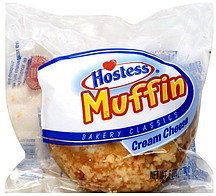
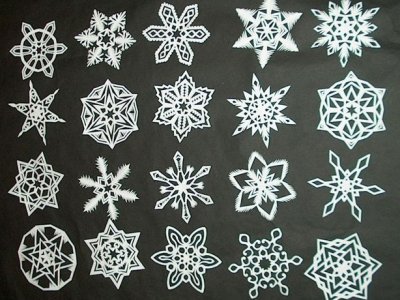
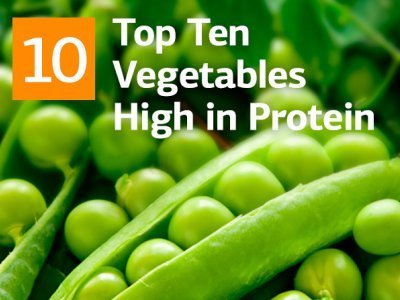

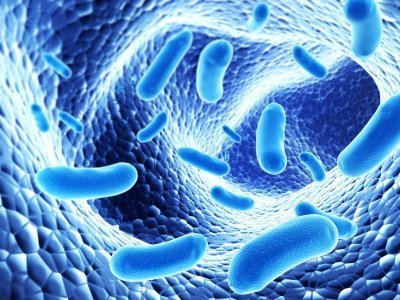





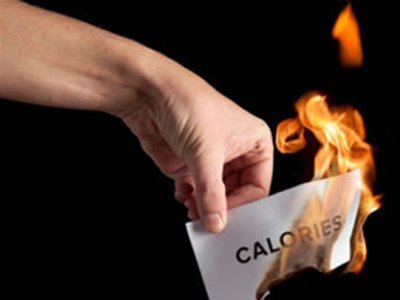
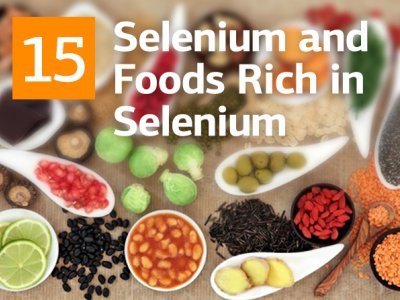
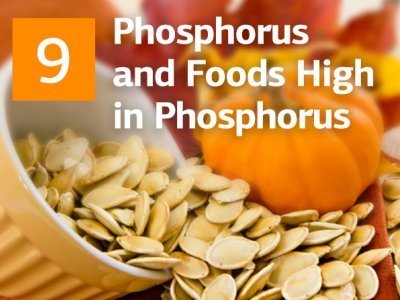
Add your comment